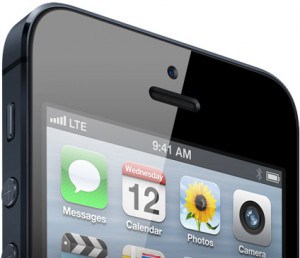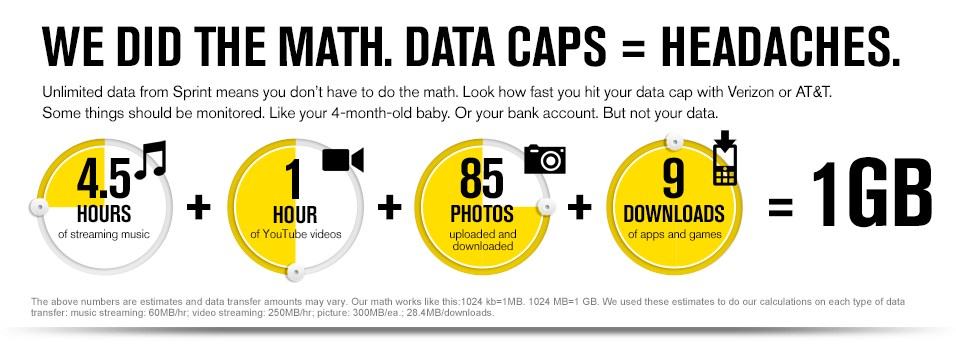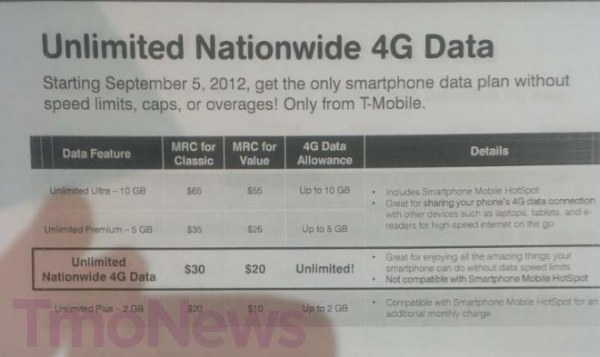Wireless carriers other than AT&T and Verizon Wireless have joined forces asking federal regulators to help level the playing field in wireless competition.
At this week’s convention of the newly-relaunched Competitive Carrier Association (CCA), Sprint, T-Mobile USA, Clearwire, C Spire, and more than 100 other small regional rural carriers joined forces in Las Vegas to sound the alarm about a wireless duopoly restraining competition and raising prices for consumers.
“Humpty Dumpty has been put back together again,” said C Spire CEO Hu Meena. “And while the identical twins sometimes agree to meet and discuss industry issues with other industry players, they seldom, if ever, support action that might better the industry as a whole.”
C Spire should know. The company filed a lawsuit against AT&T earlier this year claiming the phone giant manipulated its 700MHz band allocation to lock C Spire customers out of getting access to the latest smartphones.
“At some point, and that time is coming, regulators and politicians are going to have to acknowledge they have a choice to make: they are going to have to decide whether the communications industry, the fundamental driver of the information economy, is going to be regulated by true, healthy competition or by the government,” Meena said.
In the last 20 years, rampant consolidation has reduced the number of national wireless carriers down to four — Verizon Wireless, AT&T, Sprint, and T-Mobile. Filling in the gaps are various regional providers, all who depend on one of the major four to provide reasonable roaming service for customers traveling beyond the service areas of smaller companies. Without reasonable roaming, competitors are left at a serious disadvantage.
Another major problem is access to the latest smartphones. Major manufacturers largely design and market cell phones for the largest four companies, often relegating smaller providers to sell older or less prominent phones to customers. When phones do not work on the spectrum acquired by smaller competitors, roaming becomes a problem.
But beyond those issues is the question of wireless spectrum. Traditionally sold in competitive auctions, the deepest pocketed companies traditionally win the bulk of frequencies, leaving competitors with less desirable spectrum that has difficulty penetrating buildings or requires a more robust cell tower network.
Members of the CCA recognize that mergers and consolidation can bring costs down through economy of scale, but in their eyes, AT&T and Verizon’s actions have promulgated a new paradigm for wireless on Wall Street: consolidation around a handful of wireless carriers is healthy; having too many competitors is inefficient.
“Consolidation can introduce business efficiencies,” said Michael Prior, CEO of Atlantic Tele-Network. “But government has a role in making sure that infrastructure is used in a way that works for the entire country. All we’re asking the FCC to do is to make sure there is a level playing field.”
Observers expect the CCA to ask the FCC to set aside spectrum in future wireless auctions exclusively for smaller carriers to help protect what competition still exists.
“There used to be dozens of railroad companies,” Prior noted. “But the government didn’t allow certain companies to develop rails that wouldn’t allow trains to interconnect to rails run by other companies.”
Meena warned the same thing could happen in the wireless industry.
“We know what happened in the first 20 years of the industry where we have had many healthy competitors,” Meena said. “There remains a false hope among too many carriers that the duopoly will one day become reasonable. But, we all know, whether we choose to admit it or not, that until all competitive carriers become fully committed to work together for open competition, the wireless industry playing field will remain harmfully tilted toward the duopoly. They will never give an inch unless and until they have to do so.”


 Subscribe
Subscribe









